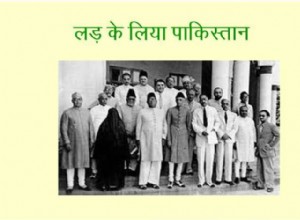MAINTENON (Françoise dAubigné, Marquise de)(Niort, 1635 - Saint-Cyr, 1719.) Granddaughter of Agrippa dAubigné, she was educated in Calvinism by an aunt , then spent several years in the West Indies with her father.Returning to France on the latters death, Françoise dAubigné was brought up by a Catho




